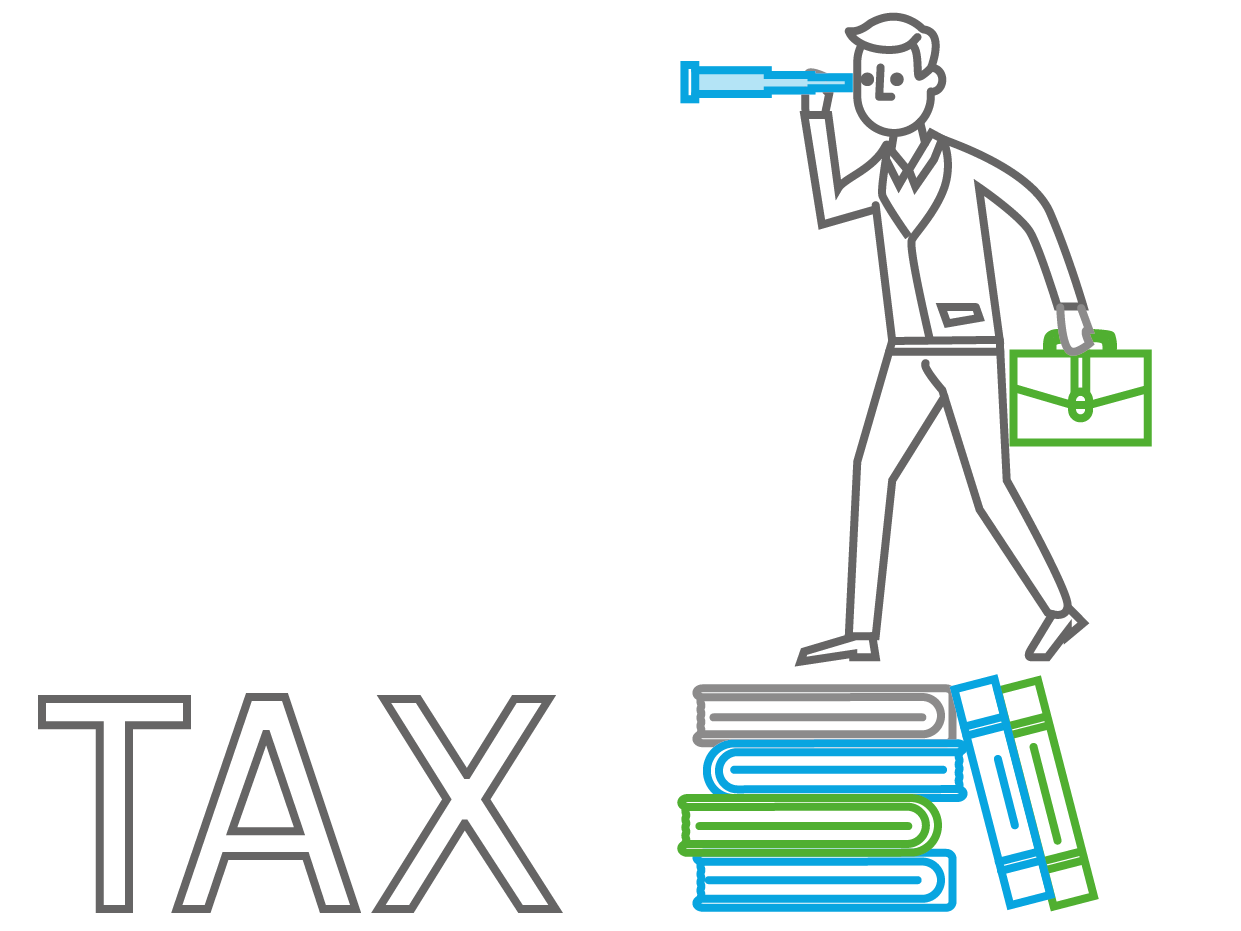Katarzyna SADOWSKA
Tax Supervisor at RSM Poland
We discussed tax residency in the first article on employee relocation. Now it is time to have a look at another important aspect: the method of taxation of paid work according to international agreements. These agreements are aimed at preventing double taxation of the same income, i.e. ensuring, among others, that the income from work performed abroad will not be taxed in two countries (i.e. in the source country and the country of residence).
General principle
The general assumption behind double taxation agreements is that remuneration from paid work received by a person residing in a given country (tax residency that we have discussed before) is taxed in this country only, unless the work is performed in another country.
This means that if a person residing in Poland performs work in Germany, for example, the remuneration for this work should be taxed in Germany, as well.
Not that much into finance and taxes but overwhelmed by documents you’re not sure how to read?
FIND OUT MORE
Exception to the rule
However, there is an exception to this rule under double taxation agreements If:
- the employee stays in the source country (e.g. in Germany) not longer than 183 days in a year (you check 365 days back on the date of the check), and
- the remuneration is financed by the employer (or on behalf of the employer) who does not have its registered office there and
- the remuneration is not financed by an employer’s company or a permanent establishment (e.g. branch) in that country,
the remuneration for the work of an employee who has their tax residency in Poland shall be taxed in Poland. All these conditions must be met jointly. The income from work shall continue to be taxed in the source country, if:
- the employee stays in the source country for more than 183 days in a year (this time limit includes bank holidays) or
- his or her remuneration is financed by the employer who has its registered office in the source country or
- the remuneration is financed e.g. by a branch of the employer who does not have a registered office in the source country.
How to avoid double taxation
In order to avoid a situation where the income of a resident of Poland earned abroad is taxed in two countries, i.e. in Poland and in the source country, international agreements set forth methods for the prevention of double taxation. There are two methods that can be found in international agreements concluded by Poland.
- Exemption with progression method (e.g. agreement with Belgium, China, Czech Republic, Denmark, France, Spain, Germany, Italy), where the income earned in Germany, for example, is exempt from tax in Poland. If the taxpayer has not earned any income taxed in Poland, they do not have to submit a tax return at all. However, if the taxpayer has earned such income, they must include the income earned abroad when calculating the tax rate to be used for taxing the income from Poland.
- The credit method (e.g. agreement with Austria, the Netherlands, Ireland, Japan, Russia, United States, United Kingdom), where the income earned in the Netherlands, for example, is taxed in Poland, but the output tax should be reduced by the tax paid abroad (up to a certain threshold).
Summary
Thus, a Polish resident working abroad must first determine whether the income they earn is taxable only in Poland or also in the source country, and if the latter is the case, they must check what method for avoiding double taxation was adopted in the international agreement concluded by Poland with that country. If you are interested in income taxation of a person who works for a foreign employer but performs the work in Poland, please read the next article of our series as it is going to offer some insight into this topic.
Subscribe to RSM Poland Newsletter to stay up-to-date on all legal, financial and tax matters. Benefit from the expertise of our professionals.
Subscribe


